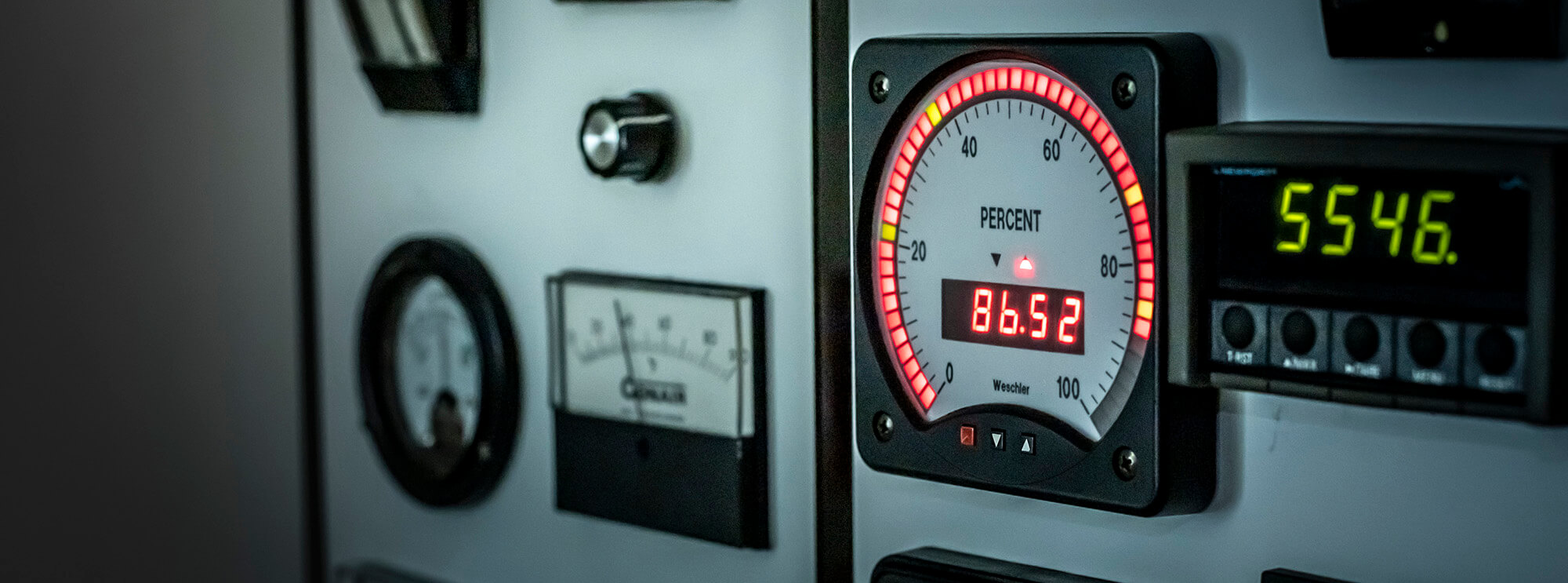Panel meters are devices that measure the amount and rate at what time the energy used by an electrical appliance such as a TV, air conditioner or washing machine is consumed. These are useful for households and small businesses where expenses on electricity cannot be ignored due to their high cost. They can also be used in industrial settings, especially where the electrical expenses of their tools and equipment – such as motors – need to be monitored now and then for maintenance purposes or other reasons.
But how would you know if you need a panel meter?
If your electricity bill is larger than the average, you probably need to buy one. The reason is that many electric appliances use more power than your electric meter can measure and, therefore, charge you higher prices.
But before you proceed to buy one, you may learn a few things that could simplify your buying process. So, read on.
Consider the benefits you can have.
If you have a panel meter in your home, you will be able to monitor the energy usage of each device in your house. Tracking this information can also help identify when there may be an issue with appliances and you can replace them as soon as possible.
The panel meter can’t measure everything.
Panel meters may not measure some things, like a leaky furnace or your furnace’s filter. If you have questions about what is and isn’t measured, it’s wise to consult a professional.
If you have a faulty furnace, for example:
An indoor thermometer can help you measure the temperature of the air coming from your house. If your heater is not turned on, this reading will give you an idea of how cold it is outside in wintertime compared with inside, where most people live during those months.
You may also want to consider installing some heating system upgrade, such as radiant flooring heaters, instead of just conventional central heating systems because these types help keep warm longer during colder months.
Know how much power you use.
If you’re thinking about heating or cooling your home with electricity, you need to know how much power you use and how much is used in your neighbourhood by installing panel meters on the property where the energy comes from.
Panel meters allow homeowners to see what percentage of their energy goes toward heating/cooling their homes and which appliances are consuming most of that amount of electricity at any given moment. By comparing this data against other homes in similar situations, homeowners can get an idea of how efficient their appliances are for heating or cooling purposes, as well as whether or not there’s a possibility for cost savings through more efficient technology upgrades.
Choose the right power company.
Being informed is the most important way to ensure you get the right power company for you and your home.
The first thing to consider when looking at panel meters is whether or not they will help save money on energy costs. If so, then there are some key factors involved:
- Does this estimate include any additional fees?
- How does its accuracy compare with other estimates?
You may have to buy an adapter.
If you don’t already have a panel meter, you may want to purchase one that comes with an adapter. Some of the more expensive models do not include adapters and require them to be purchased separately.
The adapter should be included in your purchase of the panel meter and should come with documentation about how it works.
Even if you have purchased high-end panel meters, if you do not know how to use them properly, you will notice errors when calculating the consumption of electric devices. If you have made mistakes in calculating the consumption, then it is likely that your electricity bill will be large due to overpayment or underpayment. Hence, you should learn everything before proceeding with your purchase or consult with a professional to get the best deal for your money.

